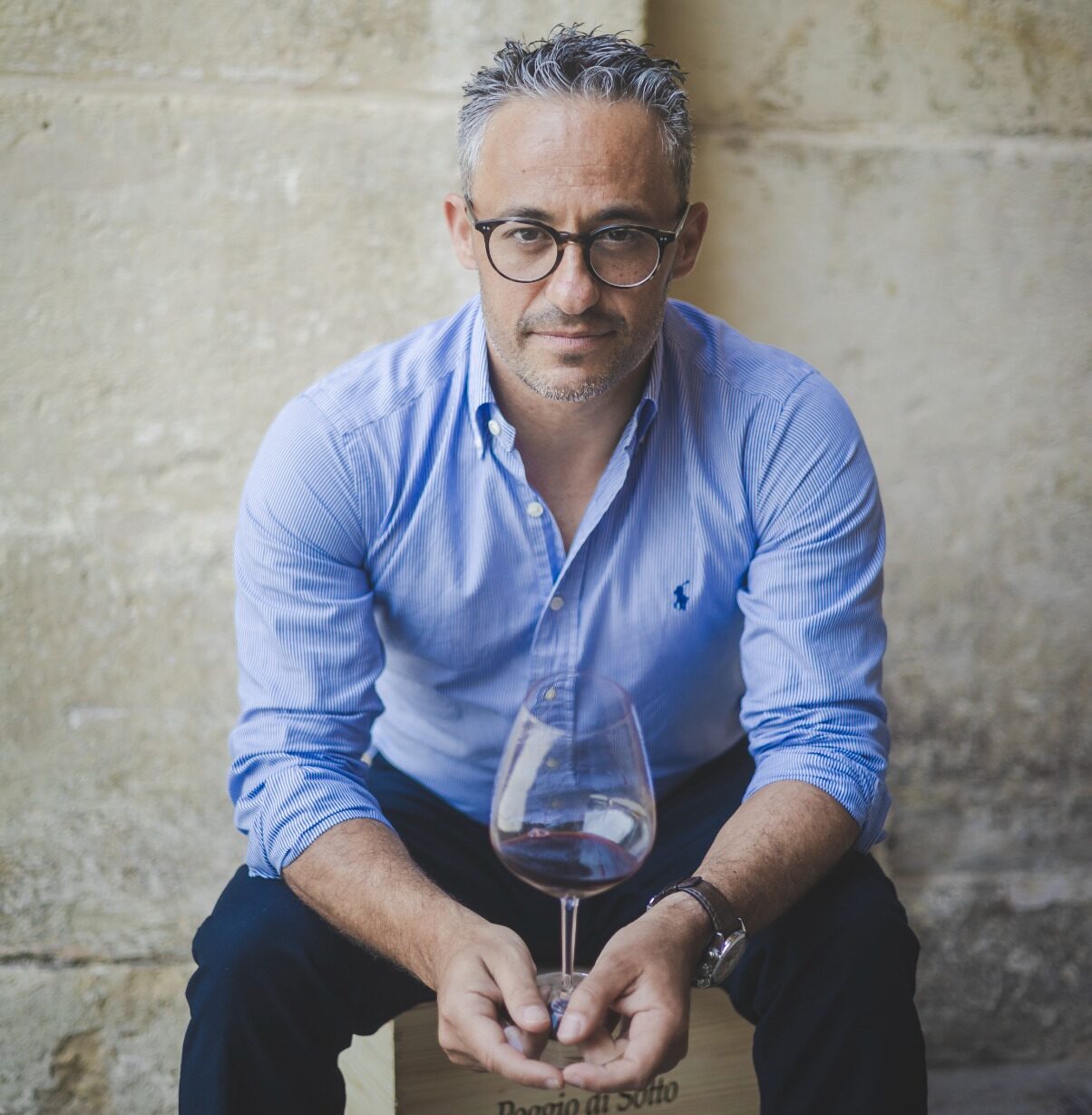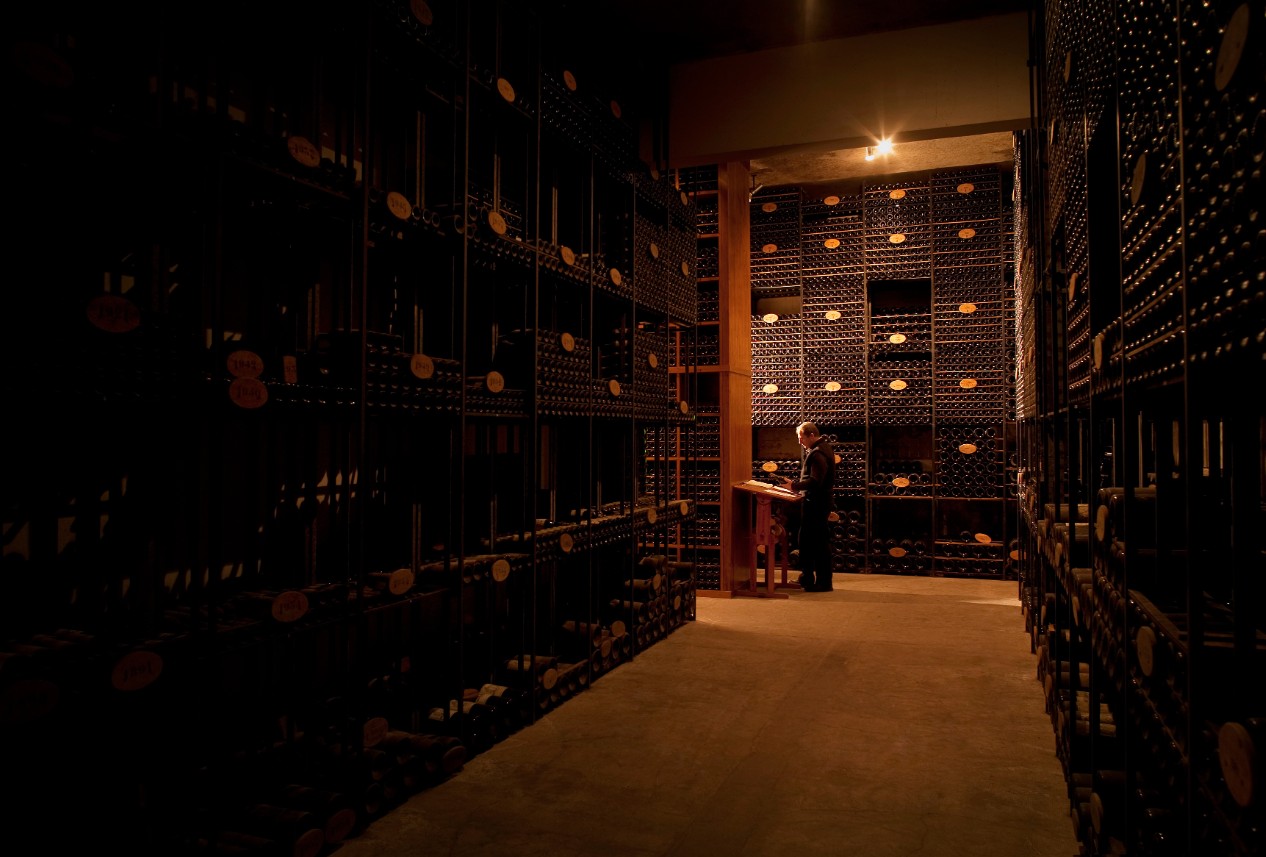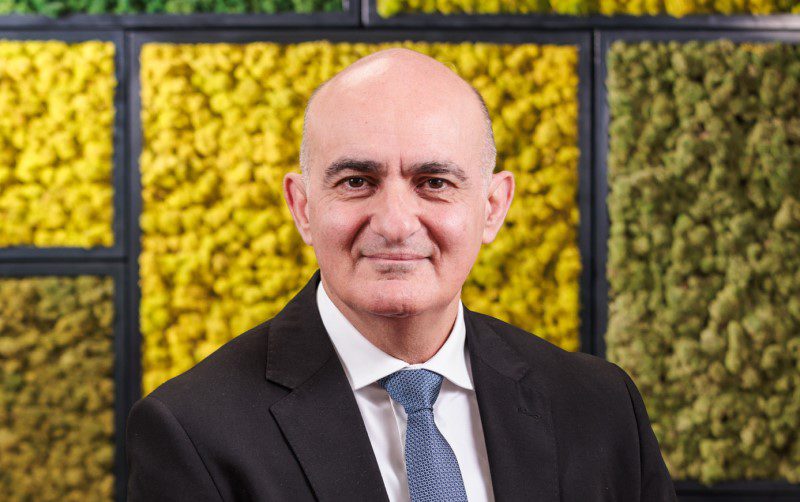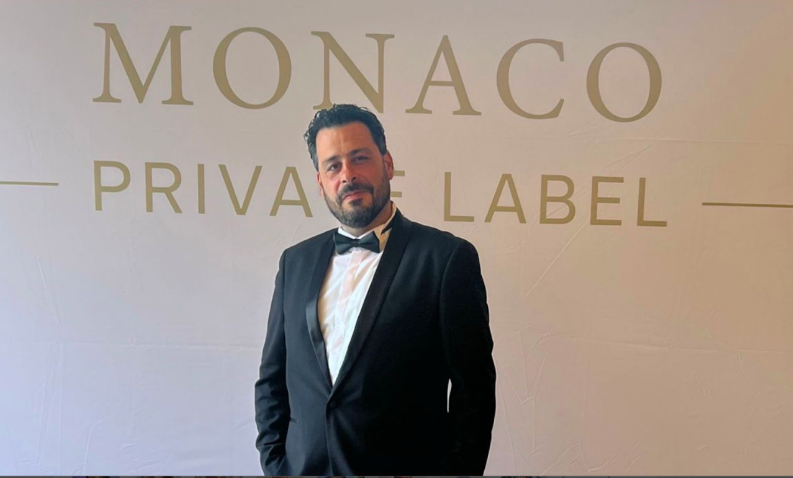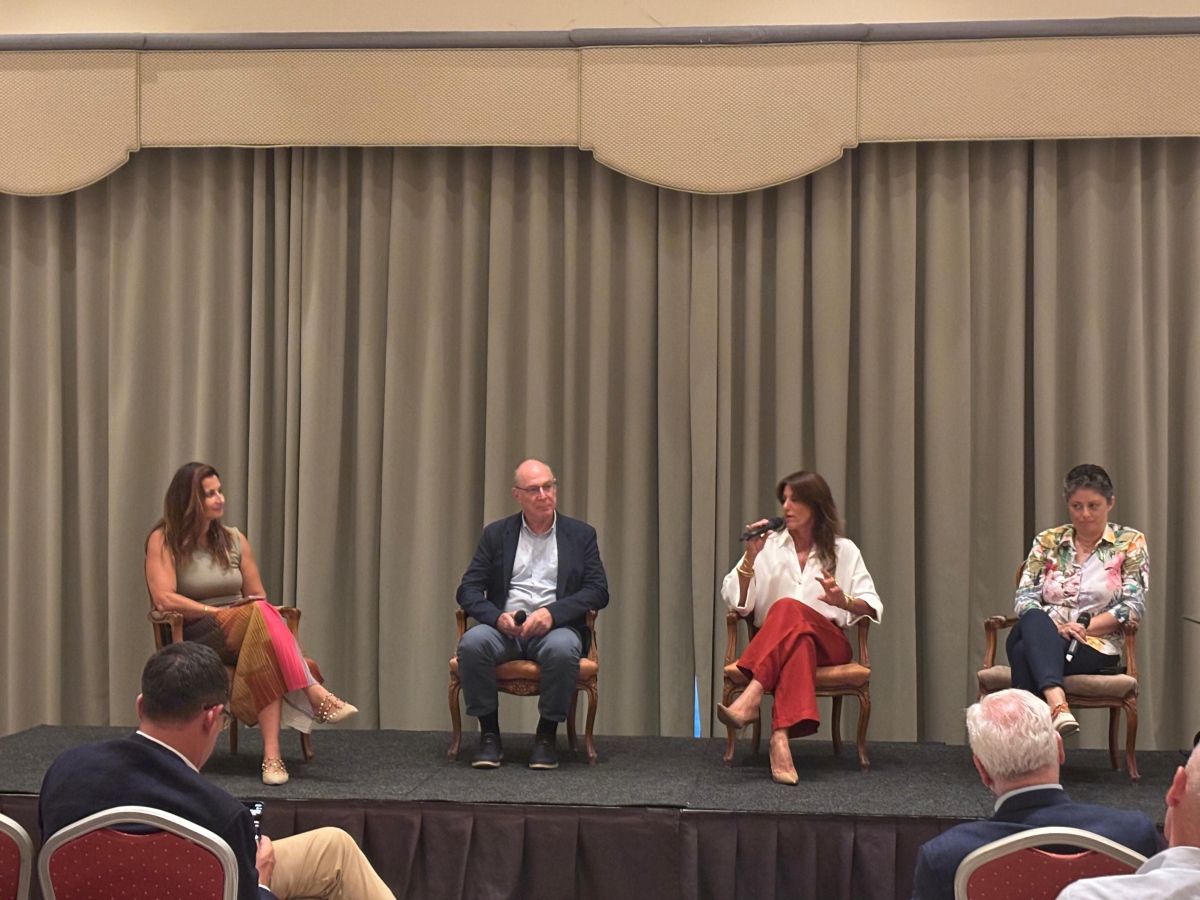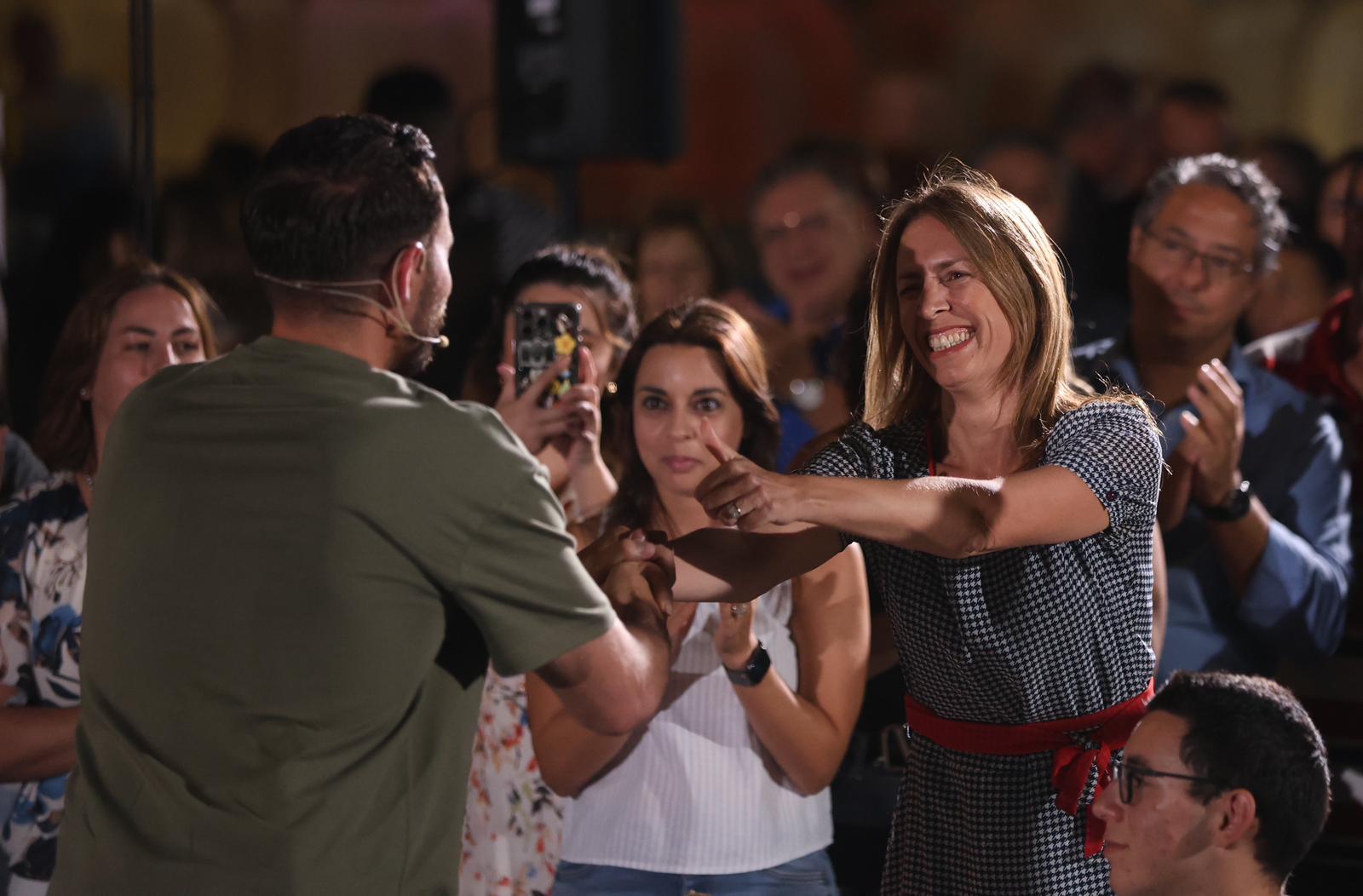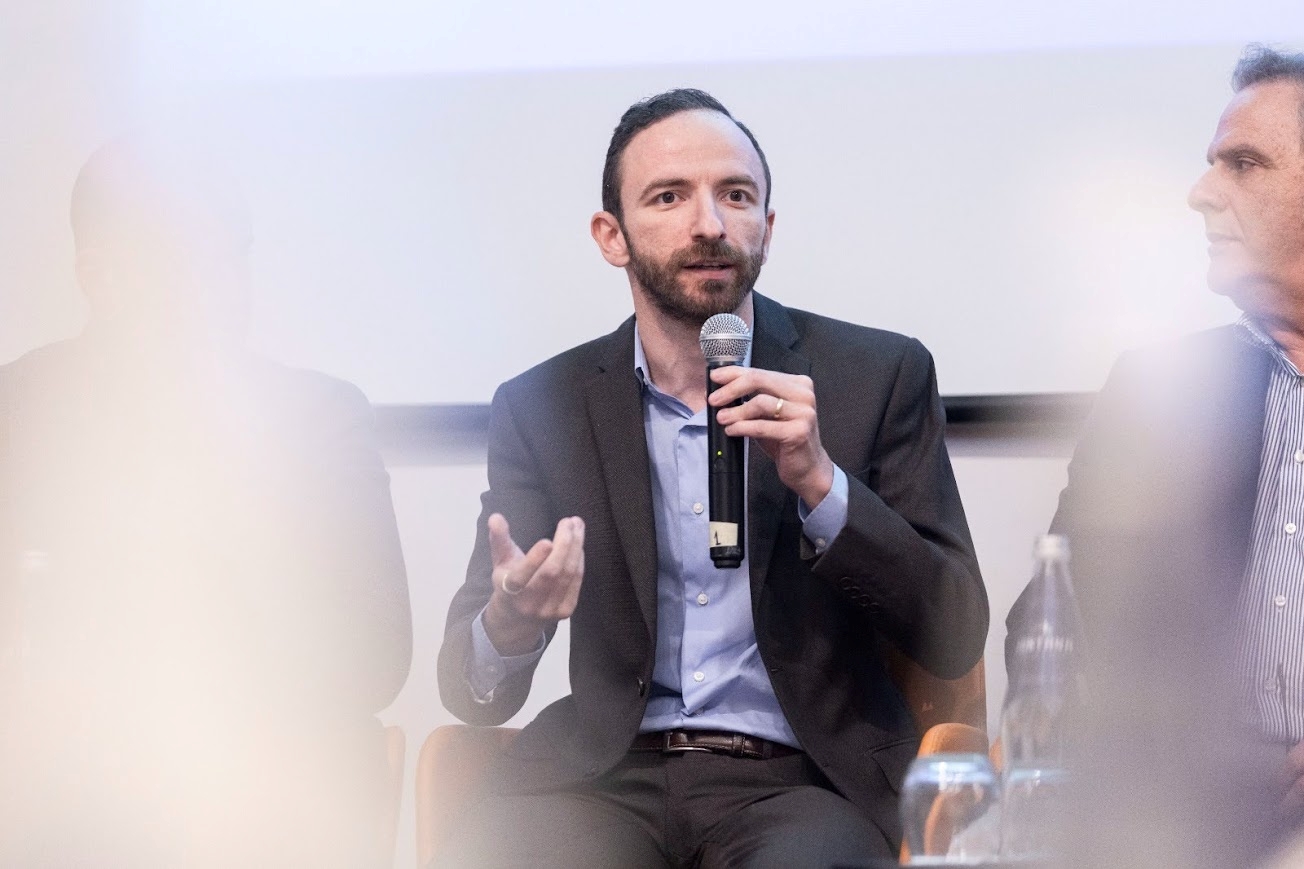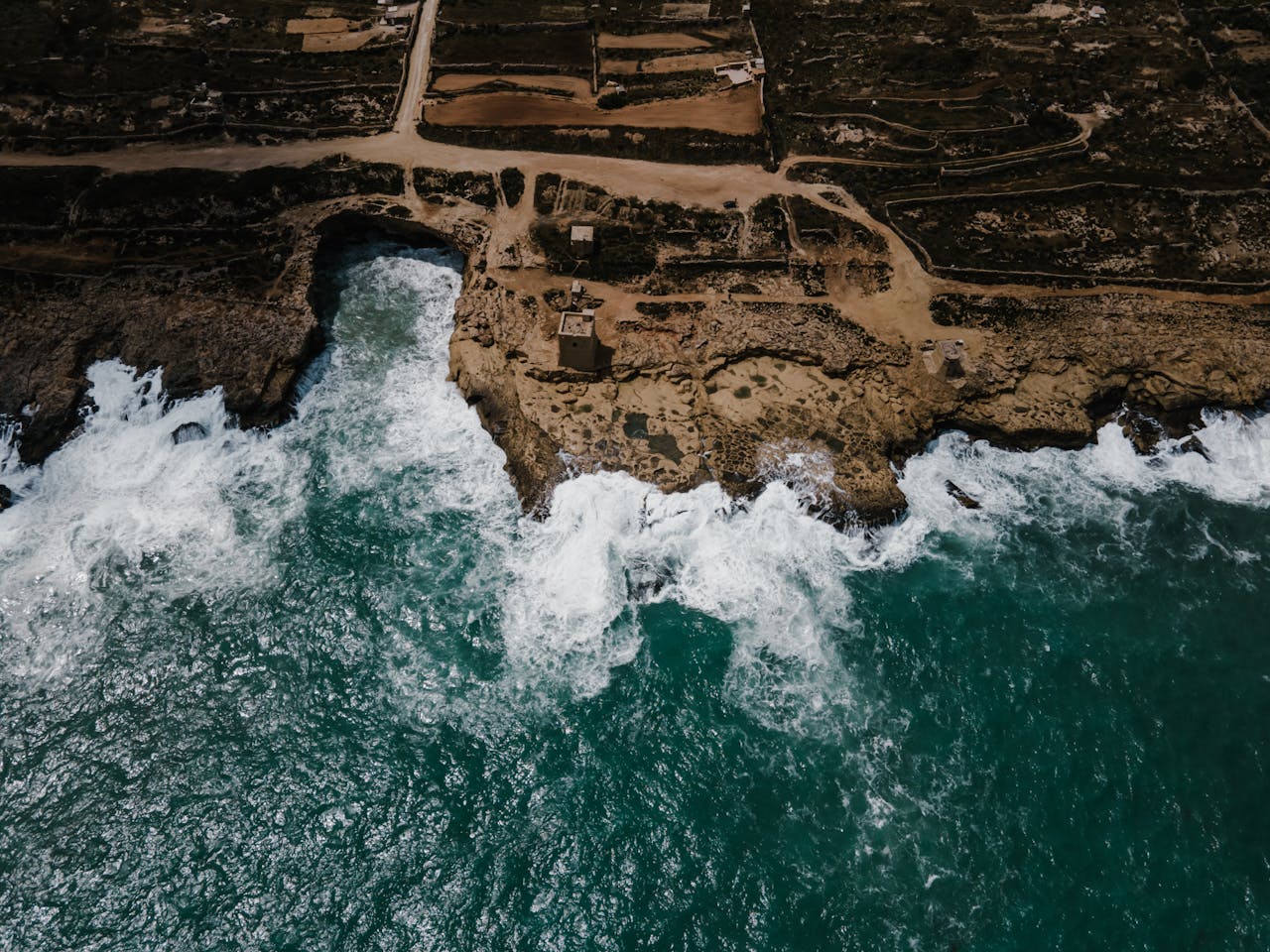There’s something faintly absurd about a bottle of fermented grape juice costing more than a family car. And yet, here I am, sitting at a table with a glass of wine in hand, in one of the finest Châteaux in Bordeaux, staring at the eye-watering price tags in front of me.
Even Bordeaux’s most illustrious bottles, with all their pedigree and polished style, pale beside the cult Pinot Noirs of Burgundy – wines that can fetch five or even six figures at auction. Not long ago, we sourced Henri Jayer’s legendary Richebourg for a client, trading in whispers as though we were speaking of myth rather than wine. Domaine de la Romanée-Conti, often called the Mount Everest of Burgundy, inhabits the same rarefied air: Bottles so scarce, so coveted, that to drink one is to hold a piece of history in your hand
And now, here at Vintage82 we’re the exclusive importers of Liber Pater, perhaps the most provocative and controversial name in Bordeaux and it’s equally mythical as is legendary. This is a wine that doesn’t just nudge most accountants into discomfort but makes them break into a cold sweat. But for the person/s drinking wine, this should be the experience of a lifetime
This is the paradox of fine wine: Up to a certain level, there’s a simple logic. Pay more, get more. A €40 bottle will (almost always) deliver more craftsmanship, complexity, and pleasure than a €10 one. Better vineyards, stricter grape selection, longer ageing and the best equipment. These things cost money, and the quality is tangible. In the end, it comes down to balance: Quality, price, story and taste, each pulling their weight in the glass.
But there comes a moment, usually signalled by my wife’s perfectly arched eyebrow, when quality and price part company. It’s the sort of divorce I’d rather not rehearse at home.
Two wines can both be awarded 100 points by critics. Take Chateau Pontet Canet 2019, for instance, which you could buy at around €150 a bottle in comparison to the equally, perfectly scored Chateau Latour 2010 which is closer to €1000. Same perfect score, same region in Bordeaux but wildly different economics. Is it the wine, or is it the story?
The truth is, once you enter this rarefied stratosphere, price is driven less by what’s in the glass and more by what’s around it: the scarcity, the branding, the history and the narrative.
Take Château Figeac. For decades it traded as a Premier Grand Cru Classé B. A wine of strong reputation, but not quite at the absolute pinnacle. Then, in 2022, it was elevated to Premier Grand Cru Classé A and almost immediately, its opening en-primeur price jumped by over 50 per cent. Eventually, older, pre-2022 vintages started creeping up in price to reflect the new classification. The vines, the soil and the legacy didn’t change but what did was perception. In the luxury wine world, perception is the rarest terroir.
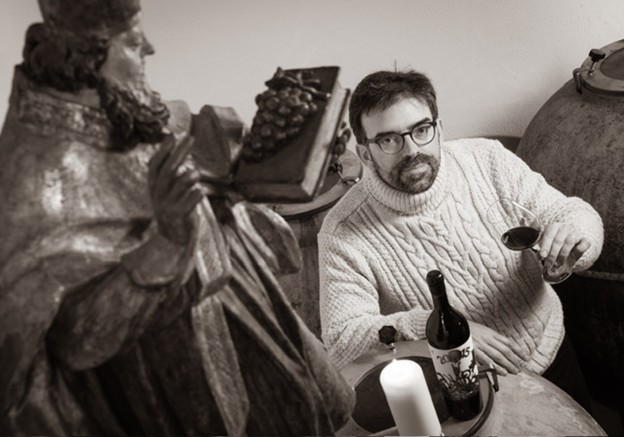
Liber Pater, meanwhile, represents a different kind of rarity. Loïc Pasquet has boldly replanted ungrafted vines in Bordeaux, crafting wines that reflect Bordeaux as it once was – untamed, ungrafted, a connection to a vanished era. Here at Vintage82, we are honoured to bring Malta onto the exclusive list of countries with an allocation of Liber Pater: just 500 bottles produced annually. To put that into perspective, Malta, with a population of around 600,000, now has access to a wine more limited in production than the number of people living in Valletta. It’s not about chest-thumping; it’s about being part of an elite circle. For context, Patek Philippe, a brand synonymous with exclusivity, produces around 62,000 watches annually, is still dwarfed by the scarcity of Liber Pater. In these ultra-limited worlds, story, heritage, and rarity outweigh mere function.
Premiumisation is about more than the product. It’s about scarcity, legacy, and identity. Quality is the foundation, and yes, it must be solid, but the narrative is the multiplier. Get it right, and your brand moves from competing on merit to competing on story.
I’ve just finished the glass of wine in my hand which was from a bottle of Château Latour 1940. The history in that bottle is staggering. Harvested during the second world war, ten years before my father was even a twinkle in my grandmother’s eye. Who were the vignerons tending those vines amidst the turmoil? What was Bordeaux like then? under occupation, enduring air raids and possibly rationing? This bottle has survived wars, pilferage and famine. And here I am, lucky enough to taste it. I’ve drunk their wine. Dusty tannins, autumnal notes, cigar box, and sweet, sweet black fruits, where each sip is a step back in time. I think this is why we pay these seemingly ridiculous sums. It’s not just liquid in a glass; it’s the weight of history, human struggle, and foregone memories. It’s emotional for me. It’s humbling. And yes, it’s why a bottle like this defies mere value.
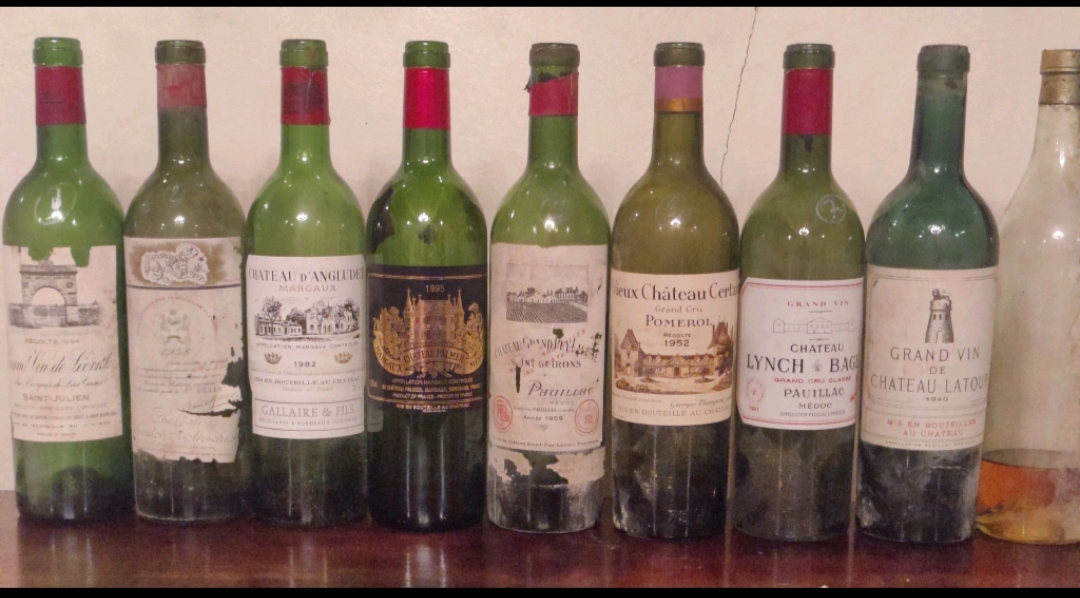
Ultimately, the worth isn’t in the price tag, but in the rare, unrepeatable experience of sharing a moment with history. Unlike a Patek Philippe, which lasts a lifetime, this wine has a ‘past-by’ date. It’s drinking beautifully now, but one day this experience will vanish, and with it, a piece of the story contained in the bottle. And yet, as I sit here, it all seems to make perfect sense. Yes, a bottle of wine costing more than a family car is faintly absurd, but for a moment like this, tasting history, connecting with decades of history, it’s absurdity that’s worth damn every sip.
The Nationalist Party’s first-ever CEO is lawyer Sabine Agius Cabourdin
New Nationalist leader Alex Borg announced four new roles in his party shake-up
The data-driven CEO: The strategic power of HR data
Many businesses still manage people with spreadsheets. Talexio’s Mark Camilleri Gambin explains why data-driven HR is the smarter, more strategic ...
How Malta’s business leaders are spending the Feast of Our Lady of Victory
A blend of faith, family, and much-needed rest.
18 months in: Lessons from my solopreneur journey
Not a how-to guide – a personal story of learning, stretching and growing.


